Environmental Cost Management
Over the last three decades environmental issues have had a direct impact on technology assessment and policy decisions. One of the difficulties with measuring environmental performance is a lack of consensus on evaluation of relevant aspects, including materials and energy use, air emissions, solid and hazardous waste and water pollution. Eco-efficiency refers to the paradigm that firms can achieve long-run economic gains as a consequence of strategically managing environmental efficiencies. Environmental cost strategies involve management of the cost of production while minimizing the impact on the environment. In an efficient cost management system, inefficient use of environmental inputs and/or outputs, including pollution and waste, are reduced or eliminated through process improvements and innovation. By incorporating the efficient use of the environment into the firm's strategic planning, management establishes a direct link between the firm's environmental goals and its profitability and firm value. This new and important book gathers information from around the globe in this field.
{{comment.content}}
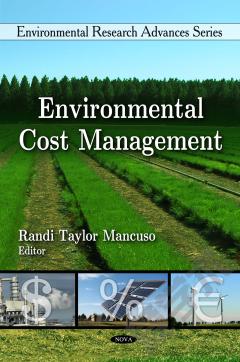
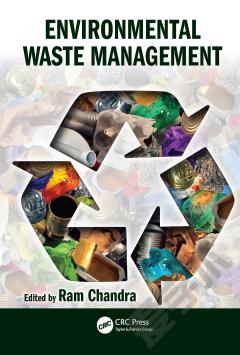


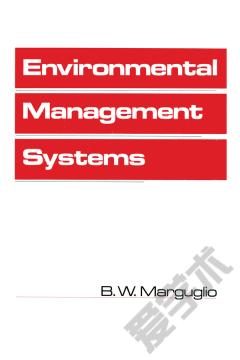
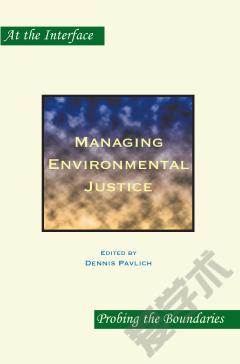
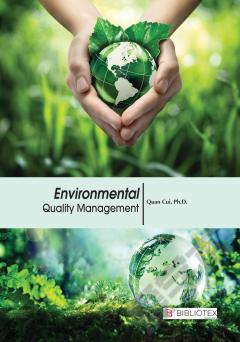

 京公网安备 11010802027623号
京公网安备 11010802027623号